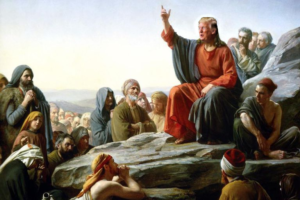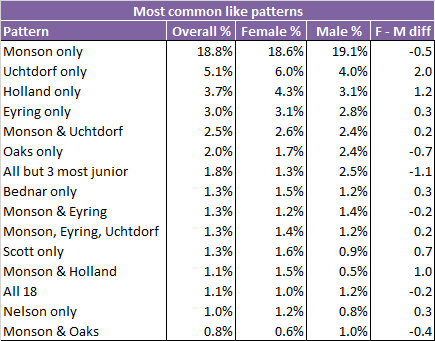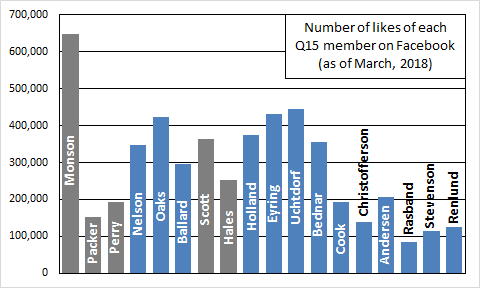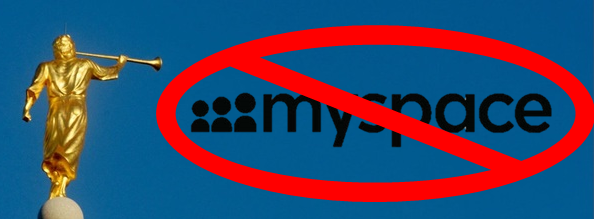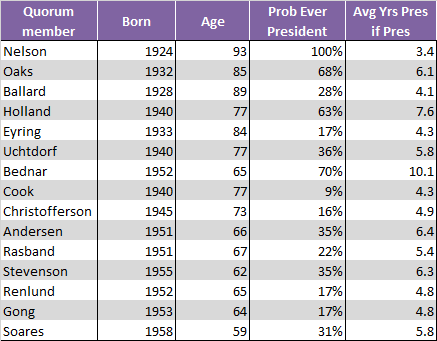This guest post comes to us courtesy of Christian N. K. Anderson.
Recently, a friend told me her bishop came up to her, touched her belly, and asked, “Sister, when are you going to bring more spirit children into the world?” In a similar vein, an Elders Quorum President recently told a different friend in a different state that it was too bad she had only three children, as he had seven and they were all successful. The five married couples in my wife’s family have so far collectively produced one child, and we routinely swap stories of being criticized or asked openly by virtual strangers to justify this state of affairs. Why does this happen so frequently?
One of the ways Jello-Belt LDS culture is increasingly out-of-step with contemporary US culture is the belief that fecundity is positively correlated with virtue. Some of this no doubt stems from over-the-pulpit exhortations that “The commandment to multiply and replenish the earth has never been rescinded” (Packer, Apr 2015, compare first paragraph of the FamProc), the fetishizing of the family (as an institution, but with vigorous legal opposition to many instantiations of LDS families), and explicit direction to have children even when financially unable to do so (Andersen, Oct 2011; quoted and enhanced in the Eternal Family Sunday School manual). This empowers people like the bishop and EQP mentioned above to feel no qualms about intruding themselves into what would otherwise be a profoundly personal decision: they are simply encouraging fellow saints to become better humans by performing the Kantian categorical morally good act of having another child (no matter the circumstances) the same way they might encourage a fellow saint to forgive an enemy or visit a sick member.
These beliefs and rhetoric are increasingly anachronistic, not just in contemporary US culture, but among LDS members, and also among the LDS leaders who continue to make these sweeping generalizations. While a 2015 lesson manual encourage teachers to express disapproval for a US fertility rate that has dropped 45% since 1960, it fails to mention that rate at which LDS members reported their children fell by 70% over a far briefer period: from 24.2 children of record per 1000 members as recently as 1982 to 7.32 in the year of the manual’s publication. It has continued to decrease to 6.62 according to the most recent April 2018 statistical report. Of course, this is tracking children of record, not total number of births; with activity dropping below 33% in the US and 15% in Central America, a large number of babies born to nominal members are likely never recorded by ward clerks. Nevertheless, I expected this underreporting to be partially offset by church growth in countries with birth rates far higher than the United States’.
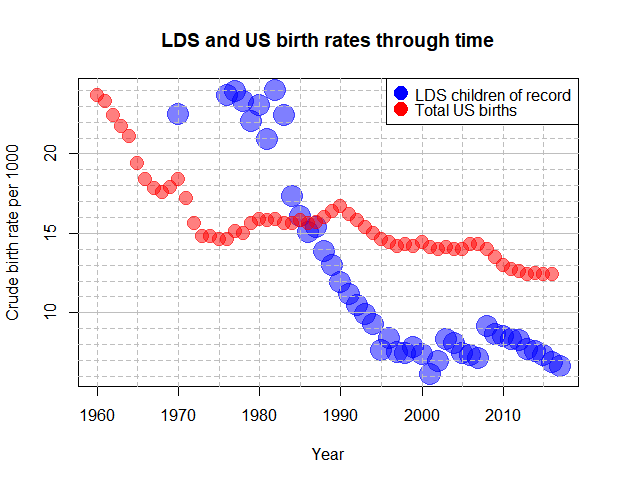 Read More
Read More
 In a stunning rebuke of the murmurnacle, President Nelson will announce that not only will the three hour block not be shortened to two hours, it will actually be lengthened to four hours. Existing meetings and classes will not be changed in length. The extra hour will be used for a mandatory meeting where all ward members (including primary and nursery-aged children) sit in council and discuss the importance of Defending the Family. Meetinghouses used by three wards will follow the 8-12/10-2/12-4 schedule. Fifth Sundays will be celebrated with a special five-hour block, with each meeting lengthened by 25%.
In a stunning rebuke of the murmurnacle, President Nelson will announce that not only will the three hour block not be shortened to two hours, it will actually be lengthened to four hours. Existing meetings and classes will not be changed in length. The extra hour will be used for a mandatory meeting where all ward members (including primary and nursery-aged children) sit in council and discuss the importance of Defending the Family. Meetinghouses used by three wards will follow the 8-12/10-2/12-4 schedule. Fifth Sundays will be celebrated with a special five-hour block, with each meeting lengthened by 25%.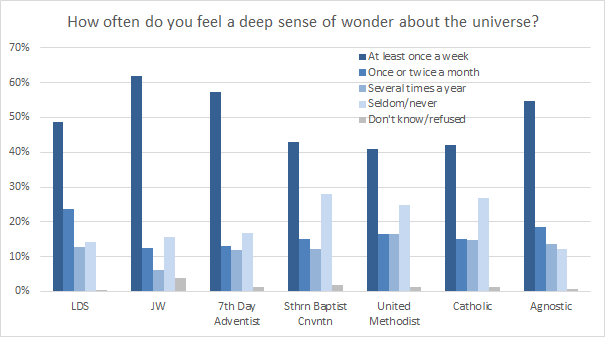
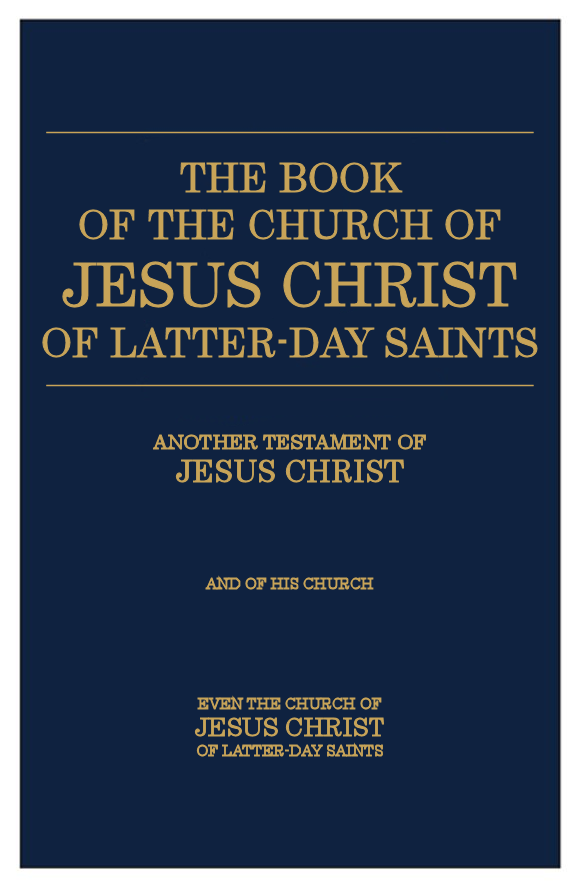 Joseph Smith taught that Mormon means more good. Taking this meaning, then, I’m wondering what Mormon edits we might get to see now that President Nelson has
Joseph Smith taught that Mormon means more good. Taking this meaning, then, I’m wondering what Mormon edits we might get to see now that President Nelson has 